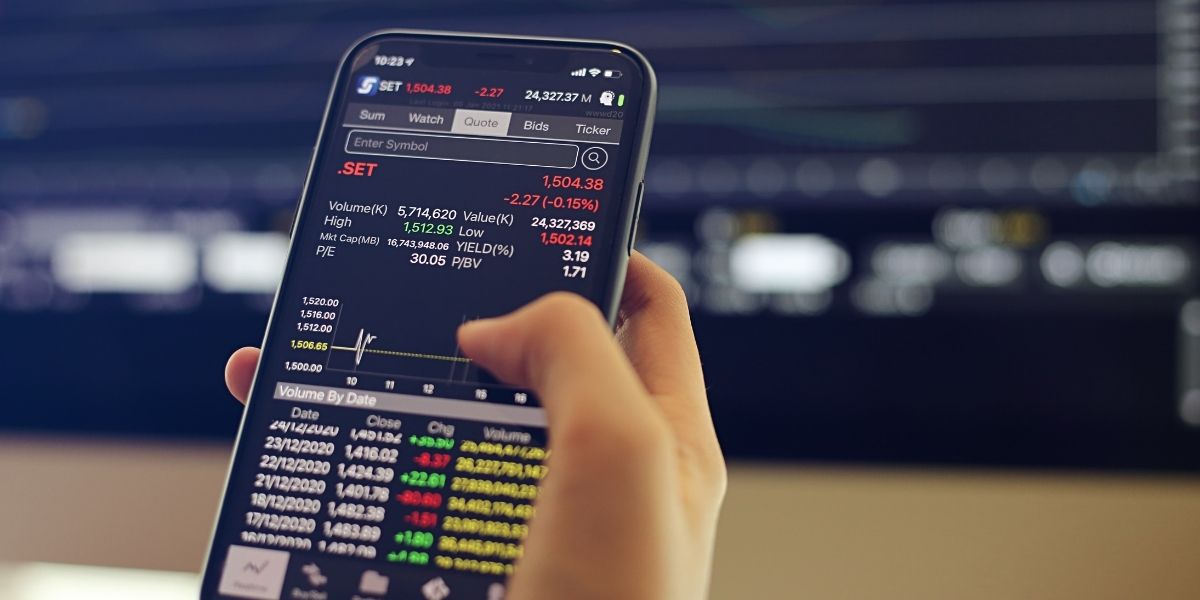Russia is significantly strengthening its oversight of the cryptocurrency market. Following restrictions on the use of Tether (USDT) and crackdowns on illegal mining activities, a significant breach of user privacy is now occurring. The country’s anti-money laundering agency, Rosfinmonitoring, warns that crypto transactions are not anonymous and discloses that user data is shared with the police without the need for a court order. Despite the absence of legal status for cryptocurrency exchanges in Russia, they are revealed to be cooperating with the state.
Privacy in Crypto Now History
At the St. Petersburg International Legal Forum, Olga Tisen, the Legal Director of Rosfinmonitoring, stated that cryptocurrency exchanges in Russia share data directly with law enforcement agencies. Tisen emphasized that the belief in anonymous crypto transactions is now obsolete. She indicated that these exchanges are already taking steps to comply with future regulations anticipated to come into force.

Even more striking is that these data exchanges occur without the need for a court order. Tisen noted that crypto data is not protected like bank information, enabling the police to easily access it. Some exchanges even openly state on their websites that they collaborate with law enforcement agencies. While this may initially seem surprising, it aligns with global anti-money laundering standards.
Russia Expands Surveillance Systems
Another key development for Rosfinmonitoring is the expansion of the “Transparent Blockchain” tracking tool. Already actively used by law enforcement, it is set to become accessible to banks by the end of the year. This tool is utilized not only within Russia but also by regulatory agencies in neighboring countries.
The Russian Central Bank employs this tool to monitor how frequently Russian citizens visit foreign cryptocurrency exchanges. As a result, not only active users but also potential users considering transactions are under surveillance. Meanwhile, Rosfinmonitoring is advocating for stricter rules to combat illegal mining activities, a stance strongly supported by the Russian Central Bank.
With over 12,000 law enforcement and regulatory personnel having access to this tool, control over cryptocurrency transactions is becoming increasingly stringent by the day. Although official regulations remain unclear, the Russian state has already commenced its oversight in this domain.








